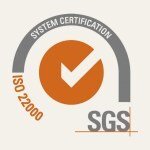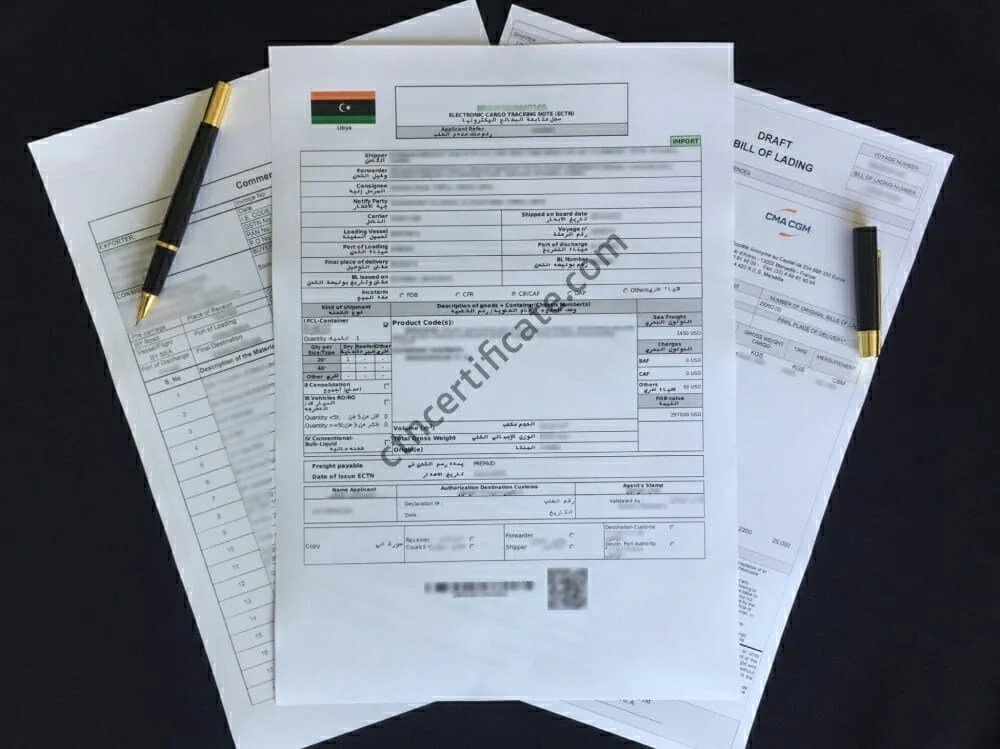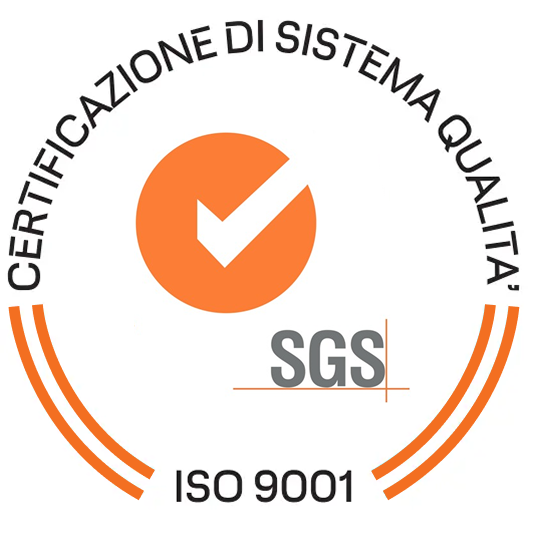You must have the ECTN certificate five days before the vessel arrives at the latest. If not, you will be facing a penalty fee twice the amount of the ECTN plus the regulation fee determined by the Libyan National Port Officials. In addition, you will need to pay the demurrage charges for starting clearing process due to delayed CTN application. You also risk the cargo being rejected and returned to port of origin on the same vessel.
Certificate cost depends on the number of Bill of Ladings and the containers, the country of origin, the port of discharge, etc. This is why we can’t give you an exact price for the CTN. But if you share your shipment’s details with us we can provide you the best charges for your certificate. We offer free quotation.






